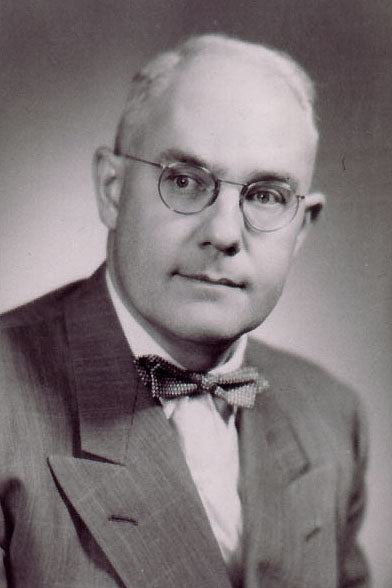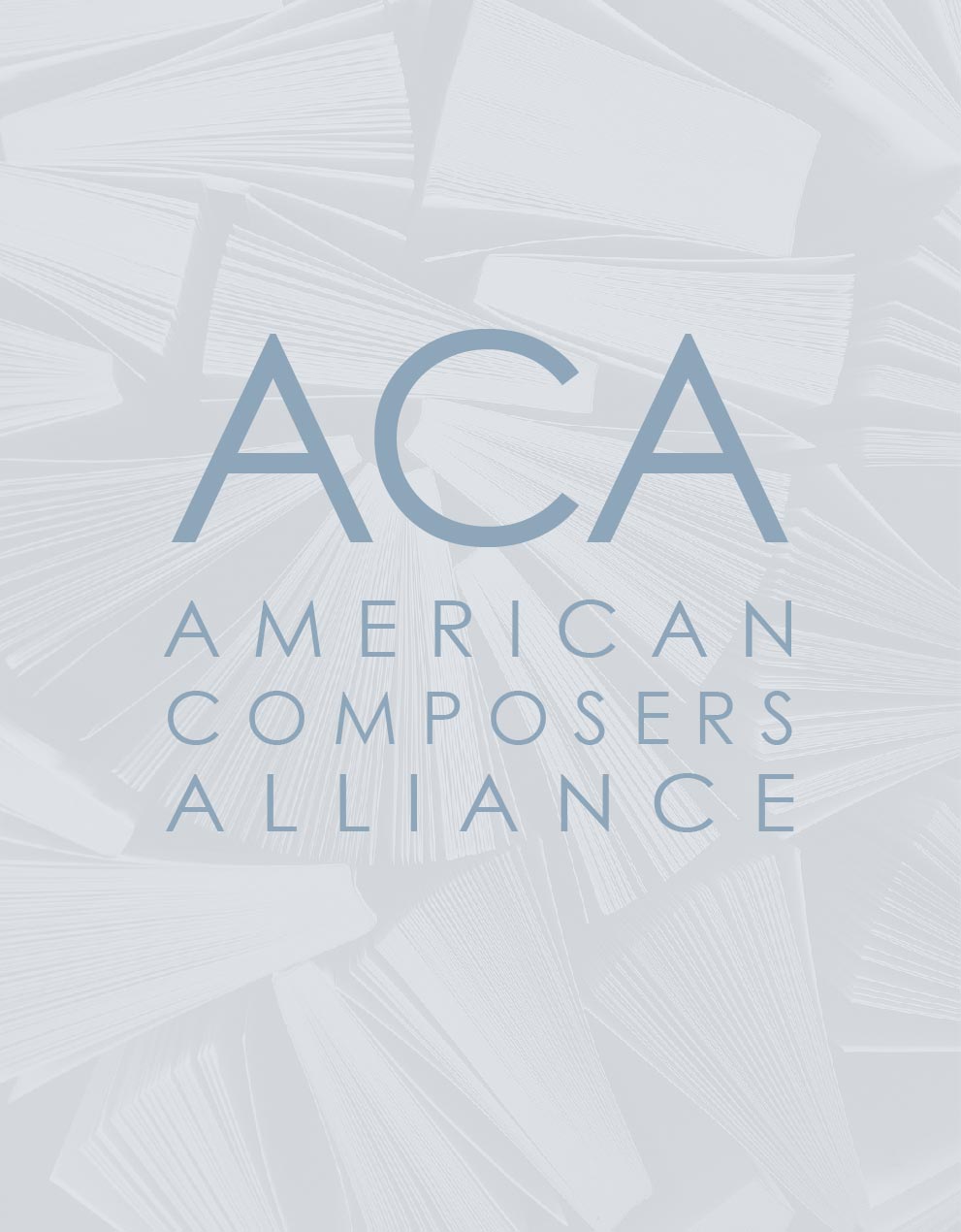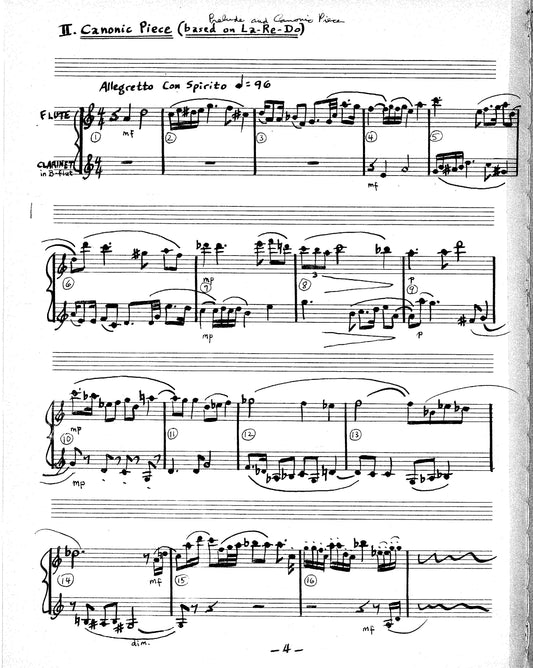
Grant, W. Parks
1910 - 1988
Notes from 1955 bio provided by the composer: Faculty member at Temple University, Philadelphia, 1947 to 1951; Guest at Yaddo, Saratoga Springs, NY, July to September 1949; Music librarian at Free Library of Philadelphia, 1951-1952; Faculty member at Sacramento State College, Sacramento, CA, summer 1952; Faculty member at Colorado College, Colorado Springs, CO, summer 1953; Faculty at University of Mississippi, Oxford, MS, from 1953 - 1973.
Elected secretary-treasurer of the Mississippi Music Teacher's Association at the time of its founding, Feb. 5, 1955. Author of a book, Music for Elementary Teachers was published in the fall of 1951 by Appleton-Century-Crofts, used in over 200 colleges and universities.
Lynda Aldana
(excerpt from article in Breve Notes, No. 59, April 2000):
William Parks Grant was a composer, scholar and music educator. He was born in 1910 in Columbus, Ohio. He received his terminal degree from the Eastman School of Music in 1948. His teachers at
Eastman included Howard Hanson and Harold Gleason. By the time Parks Grant
arrived at the University of Mississippi as a faculty member in music
education, he was already a prolific composer. Also, he had just authored his
book, Music for Elementary Teachers, which was a major contribution to
the field of music education. During his tenure at the University, Grant had
less and less time to devote to composing, as more of his time was increasingly
taken by his Mahler scholarship.
In 1964, Parks Grant began his work as editor of Mahler’s Symphony no. 9. He was
in Vienna from 1965- 1966 where he corrected over 250 errors in Mahler ’s Ninth
Symphony. Additionally, he worked on Mahler ’s Second, Third, and Eighth Symphonies.
With funding provided by Leonard Bernstein in 1970, Parks Grant was able to
later work on the Third Symphony.
Due to the growing public interest in the 1950s and 60s in Mahler ’s music, Grant
wrote much about his research on Mahler, especially in articles for the
Bruckner Society journal, Chord and Discord. As with Kreutz, Parks Grant
wrote for many different media. Fortunately, while there are lacunae in the
Arthur Kreutz Collection, the William Parks Grant Collection presented fewer
problems.
Also, when Grant’s dues expired in 1996, the American Composers Alliance sent what it
had, which filled in many of the remaining gaps in the collection.
Parks Grant kept very detailed records of his compositions. Edward Komara, the Music
Librarian at the University of Mississippi, has noted that Parks Grant used three different numbering schemes during his life. He began his final opera scheme in 1943 and used it until his
death in 1988.



